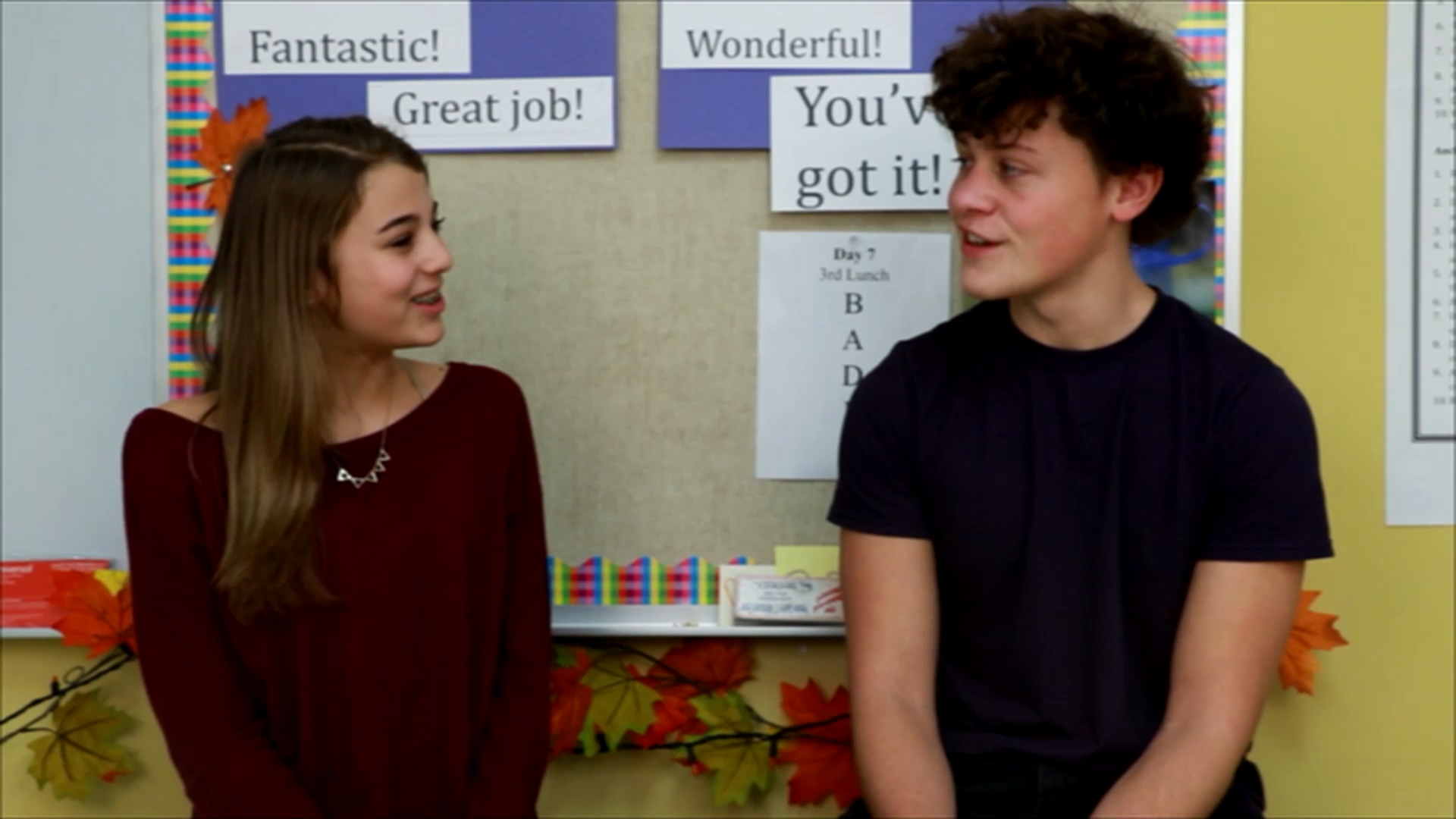
As educators, we understand the importance of teaching students effective communication skills. One key aspect of communication is the ability to take turns in a conversation. This includes adding comments, asking questions, and actively listening to the other person. By incorporating principles of Social-Emotional Learning, we can help students develop these essential skills and improve their overall communication abilities.
No-Prep Activity: Conversation Relay
This activity requires no preparation or materials from the educator, making it an easy and engaging way to practice taking turns in conversations. The goal of Conversation Relay is to help students understand the importance of active listening, asking questions, and adding comments in a conversation.
- Divide students into pairs or small groups.
- Have one student start a conversation by making a statement or asking a question.
- The next student should respond by either adding a comment or asking a question related to the previous statement.
- Continue this back-and-forth process until everyone in the group has had a chance to participate in the conversation.
- Switch roles and start a new conversation with a different topic.
This activity encourages students to practice active listening and develop their conversational skills by taking turns, asking questions, and adding comments.
Discussion Questions
Use these questions to stimulate further discussions about taking turns in conversations and effective communication skills:
- Why is it important to take turns in a conversation?
- How does active listening help improve our communication skills?
- What are some strategies to keep a conversation going when it seems to be stalling?
- How can we show empathy and understanding when participating in a conversation?
- What are some challenges you might face when trying to take turns in a conversation, and how can you overcome them?
Related Skills
Developing effective communication skills involves more than just taking turns in conversations. Here are some other relevant skills for students to practice:
- Active listening: Encouraging students to focus on what the other person is saying and respond with understanding.
- Nonverbal communication: Teaching students to recognize and interpret body language, facial expressions, and other nonverbal cues.
- Conflict resolution: Helping students learn to address disagreements and find mutually beneficial solutions.
- Empathy: Encouraging students to put themselves in another person’s shoes and understand their feelings and perspectives.
Next Steps
To further support your students’ development of effective communication skills, consider signing up for free samples of skill-building materials and other resources at Everyday Speech. These materials can help you create a comprehensive and engaging curriculum that promotes Social-Emotional Learning and empowers your students to succeed in their personal and academic lives.

